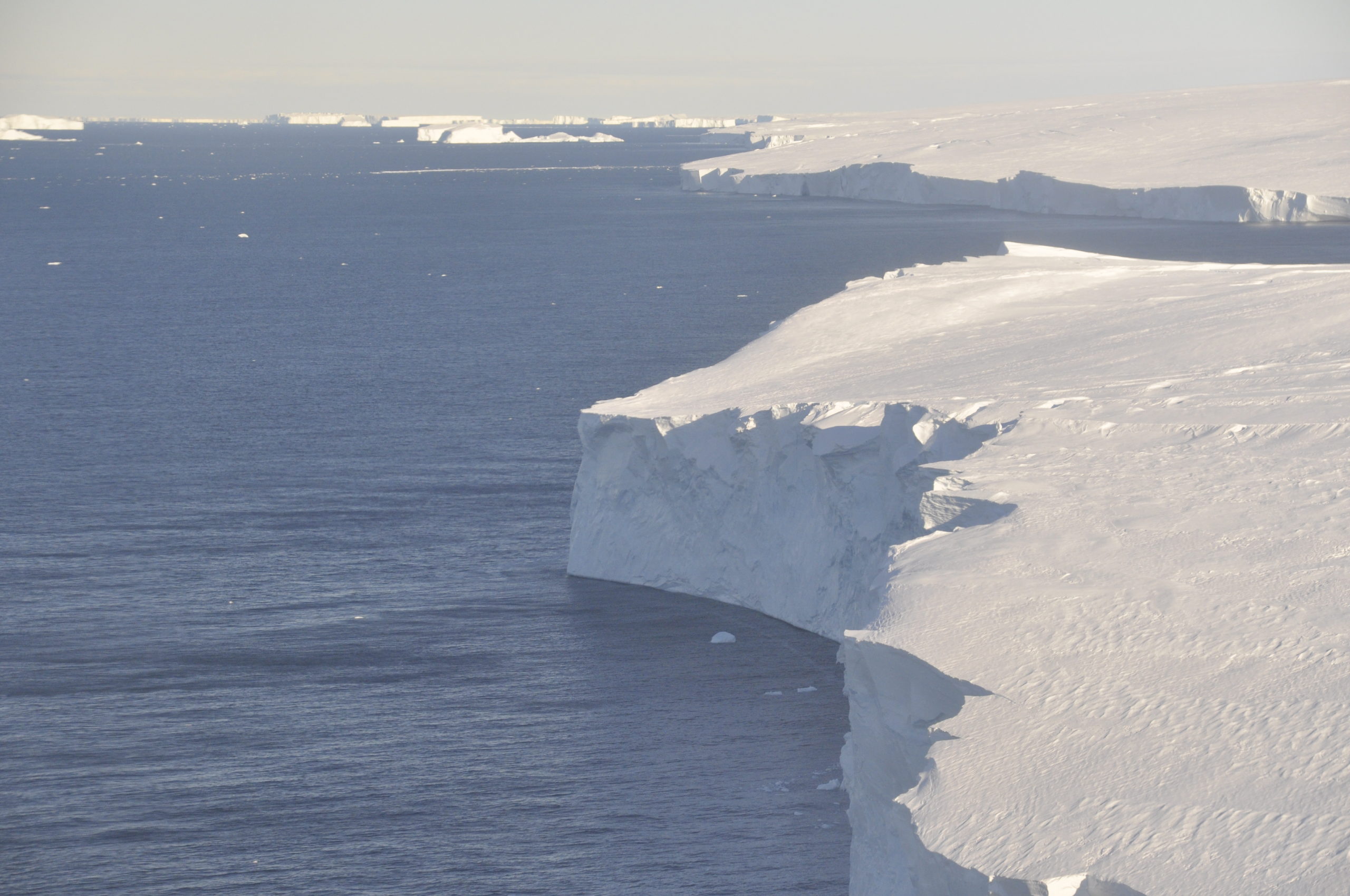18 July, 2022
Heatwaves aren’t just scorching Europe – here’s what extreme temperatures mean for Antarctica
By the BAS, Atmosphere, Ice and Climate team (Floor van Heuvel, Ella Gilbert, Thomas Caton-Harrison, Ryan Williams, Tom Bracegirdle)
As a heatwave grips the UK and much of Europe, you might be dreaming about being somewhere cooler. Preferably with lots of ice. And maybe penguins. But although the poles – and especially the Antarctic – are much cooler at this time of year, they also get their own share of heatwaves.
Of course, heatwaves in Antarctica aren’t 40-something degree sizzlers like the one currently roasting Europe1. But it’s the difference above normal that matters. And when temperatures are 40° Celsius above average for the season, that can have an enormous impact.
Record breaking temperatures
In March this year, a record-breaking heatwave hit East Antarctica2. Temperatures at the Dome C station rocketed from -55° Celsius, typical for the time of year on the high, cold Antarctic plateau, to a balmy -10° Celsius3. This unprecedented increase happened over the course of just three days, making it one of the largest short-term temperature jumps on record4.
In UK terms, it would be like tucking into your Christmas turkey amidst the kind of scorching heat we’re seeing this week.
Extreme heat events in Antarctica are rare right now, but they are becoming increasingly common as we warm our climate. And extreme heat at the poles has high stakes.
Extreme heat and sea level rise
Antarctica is losing almost two Olympic sized swimming pools worth of ice every second – or about 150 billion tonnes a year5 and extreme heat events can be an important trigger for greater ice loss. All that extra water ends up in the ocean, with global consequences for sea levels. We currently have teams looking at the impact of sea level rise from the big glaciers in West Antarctica as there is still much to learn about their impact6,7.
Warmer temperatures – especially if they reach the melting point of ice – can melt Antarctic ice and destabilise it. In the most extreme cases, high temperatures can trigger the loss of floating ice shelves from around the edges of Antarctica. If ice shelves are already weakened, hot extremes can be the straw that breaks the camel’s back, prompting dramatic losses. The World Meteorological Organization (WMO) last year recognised a new record high temperature for the Antarctic continent of 18.3° Celsius8.

Once the ‘doorstop’ is removed, any ice that was previously held in place by the ice shelf can speed up and flow into the ocean. And once initiated, this process continues – even after temperatures have returned to more normal levels.
Scientists at British Antarctic Survey are working to understand the key ingredients of Antarctic heatwaves and how they differ from those needed to produce hot extremes in Europe.
Understanding heat waves in Antarctica
Weather patterns are almost always responsible for producing record-breaking heat, whether it’s in the UK or Antarctica. But whereas UK heatwaves tend to be accompanied by hosepipe bans, Antarctic heatwaves are often associated with lots of snowfall9.
Antarctic heatwaves often result from a perfect storm of low sea ice extent, warmer ocean surface temperatures, and weather patterns that force relatively warm air up onto the continent. The warmer air is, the more moisture it can hold onto, so this warmer air picks up lots of moisture from the exposed ocean surface on its way towards Antarctica. That moisture then gets dumped as snow on the high slopes of the continent.
Understanding how and why extremes occur in Antarctica is important for our planet. Extreme heat like we are currently experiencing in Europe can be deadly and cause widespread disruption and damage to infrastructure. But heatwaves in Antarctica can have lasting consequences that are felt worldwide.
References
- www.bbc.co.uk/weather/features/62192941
- www.washingtonpost.com/weather/2022/03/18/antarctica-heat-wave-climate-change
- https://gmao.gsfc.nasa.gov/research/science_snapshots/2022/atmos_blocking_event_antarctic.php
- www.bloomberg.com/news/articles/2022-03-30/antarctica-heat-wave-brings-enormous-temperature-jump
- www.washingtonpost.com/news/energy-environment/wp/2015/07/01/meet-the-gigaton-the-huge-unit-that-scientists-use-to-track-planetary-change
- www.bas.ac.uk/media-post/the-threat-from-thwaites-the-retreat-of-antarcticas-riskiest-glacier
- www.thwaitesglacier.org
- www.bas.ac.uk/media-post/new-verified-temperature-record-for-antarctic-continent
- www.nbcnews.com/science/science-news/heat-wave-snowfall-researchers-are-puzzled-antarcticas-recent-weather-rcna21120
